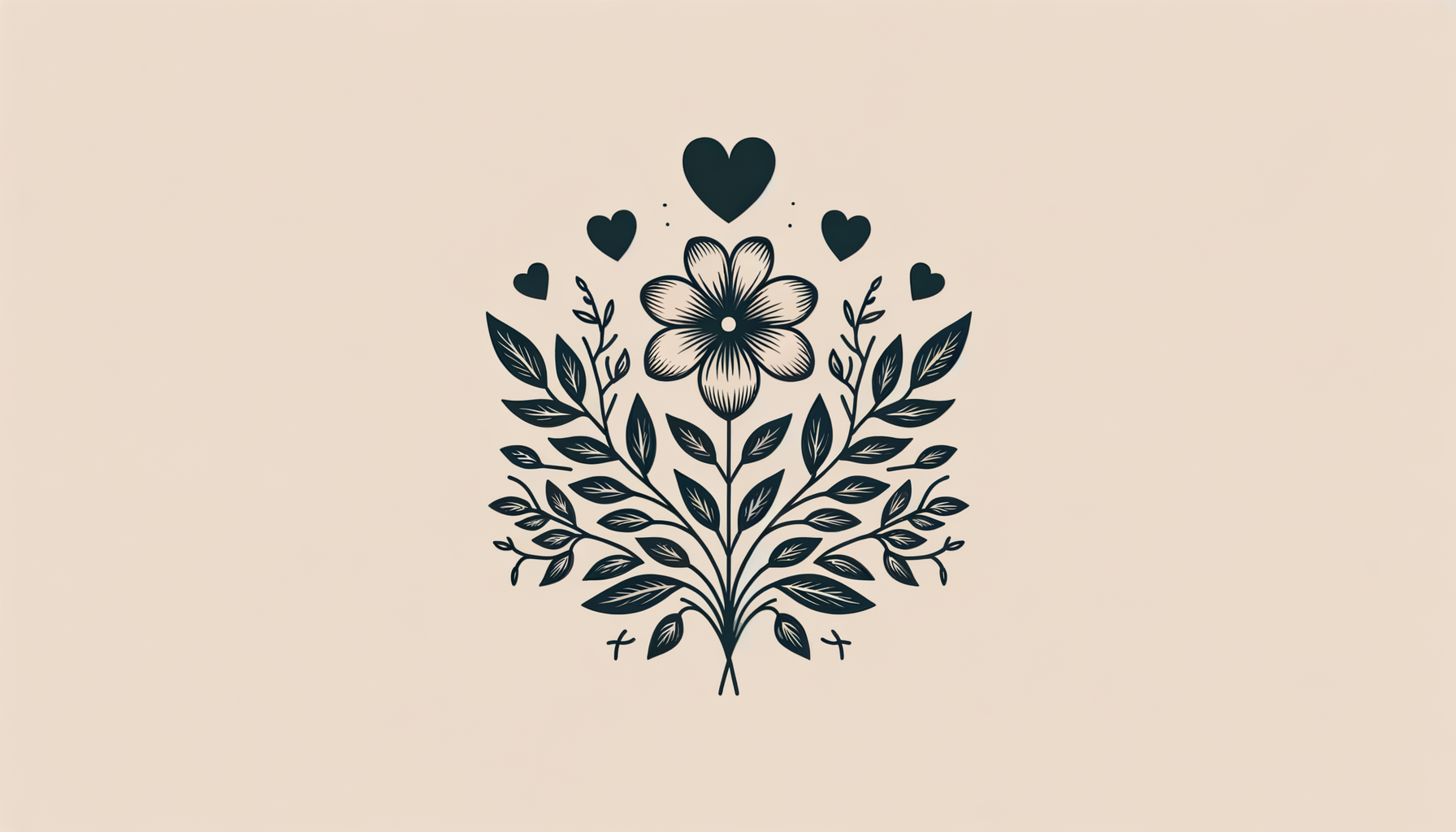The Most Unexpected Teacher? My Houseplant
We never see it coming, do we? The moments that stick, the lessons that change us? For me, it wasn’t a wise grandparent dispensing pearls of wisdom or an unplanned solo trip to a faraway land. My most profound inspiration came from an utterly wordless, totally green, slightly judgmental houseplant.
And if that sounds weird, trust me—I feel you. But let me explain.
Why I Resisted Becoming a “Plant Person”
I used to think houseplants were a phase—a fad for the aesthetically inclined. All those Instagram photos featuring sunlit leaves perched just so on mid-century modern furniture? They felt as impossibly curated as a Wes Anderson film. I mean, what’s next? Throw pillows with “Live, Laugh, Photosynthesize”?
Plus, I didn’t want the responsibility. A houseplant felt too needy—one more thing to water, feed, and inevitably disappoint with my inconsistent care. I couldn’t even keep a basil plant alive for more than two weeks without it staging a slow-motion death spiral. What chance did I stand with something more complicated?
But during a particularly grey Vancouver winter (imagine rain, but then, more rain), my best friend brought me a pothos plant. “It’s un-killable,” she said, her eyes narrowing like a challenge. “Like, truly foolproof.”
Spoiler: It was not unkillable.
"Die Another Day"… or Why I Took It Personally
Within a matter of weeks, the leaves began to brown. First the tips, then whole sections. I panicked. I overwatered it, then under-watered it when I read somewhere that I’d been overwatering it. I relocated it to a sunnier window, only to discover it had apparently joined Vancouver’s rich-and-storied anti-sunlight faction.
I considered giving up. Worse—I considered replacing it. Who would know, right? Just swap it for the same model, blame the weather.
But standing there, staring at its fraying edges, I stopped. There was something deeply symbolic about this plant’s fragile state. I was trying to revive it with a frenzy of overcorrections, unable to sit still long enough to let it adjust. Sound familiar?
It hit me that I approached dating in the same way.
Remember the early days of a new crush? That magnetic-anything-is-possible adrenaline? I was either over the top with care—flooding with attention—or swinging too hard in the opposite direction, acting aloof. Roots need stability, just like relationships. As someone who’d jumped from Seattle rainstorm breakups to whirlwind Melbourne summer infatuations, I struggled with giving things time to grow.
This wasn’t just a plant sitting in my window—it was me in a pot, sans metaphorical sunlight and deep emotional hydration.
Nature’s Relationship Masterclass
Once I made this connection, something clicked. The pothos became my mirror, a quiet green guru. Here’s what it taught me about love, life, and everything between:
1. Growth Takes Time (and That’s Okay)
Plants don’t pop new leaves overnight, and relationships don’t either (unless you’re, I don’t know, starring in a rom-com with an aggressively short runtime). My pothos reminded me to appreciate the process. Some months, you get a single new sprout, and it’s thrilling. Other times? Nothing’s happening, but that doesn’t mean the roots aren’t strengthening beneath the surface.
Patience isn’t passive—it’s nurturing. And honestly, once I stopped expecting results NOW-NOW-NOW in my dating life, the pressure evaporated. Small connections felt sweeter. Conversations deepened. Relationships grew at the pace they were meant to.
2. Low Stakes, Big Rewards
Here’s a revelation for my overachievers: You don’t have to do it all to feel fulfilled. My pothos didn’t require artisanal soil stirred counterclockwise under a full moon. It needed light, water, and the occasional supportive pep talk (yes, I talk to my plants—don’t judge). Love works the same way.
Most of us aren’t looking for grandiose, sweeping gestures 24/7 (although someone showing up with fresh croissants unprompted… chef’s kiss). What matters are the little things. Meaningful check-ins. Cups of tea on cold nights. The quiet but steady presence of someone who sees your growth and roots for it. Every pothos leaf unfolds one at a time, and every gesture in love matters too.
3. Pruning Is Essential (Even When It Hurts)
Here’s the tough truth: You have to snip the bad parts to let the good parts grow. Brown leaves? Gone. Stems that overreach and stress the roots? Trimmed. And doesn’t that feel like a metaphor for those toxic patterns or dead-end connections we hold onto?
Pruning isn’t spiteful—it’s loving. It’s rooted (literally, in this case) in care and a desire for well-being. Whether that means setting boundaries, walking away from a stale relationship, or simply realigning with someone emotionally, it’s an act of growth for everyone involved.
4. Environment Matters
Here’s your eco-love takeaway: You can’t force something to thrive in conditions it wasn’t made for. My pothos taught me this the hard way. Too much sun frazzled its leaves, while too much shade left it limp. Only after observing its needs did I find its “sweet spot.”
Relationships shine in the right environment too. Are you offering warmth, clarity, and a space where your partner—or yourself—can flourish? Or are you unknowingly cramping their roots with a lack of honesty, appreciation, or shared values? Evaluate the vibe. Adjust accordingly.
Less Fuss, More Feeling
Months later, the pothos survived. Not just survived—it thrived. Its tendrils now drape over my bookshelf like a floral mic drop, silently reminding me of all it taught me: Show up. Stay consistent. Learn to listen—to signs, to yourself, to others.
Not every leaf grows perfect, not every season is filled with blooms. But that’s okay. With the right intentions and care, there is room for growth, love, and resilience in every phase.
Final Thoughts for Budding Plant Parents (and People)
If someone had told me six months ago that the most profound lessons I’d learn would come from caring for a seemingly indestructible houseplant, I would have laughed. Like, audibly.
But here we are.
So, if you’re out there navigating love, life, or whatever messy middle you find yourself in, remember: You don’t need to have it all figured out. You don’t need perfection every second. Sometimes, you just need to sit with what’s in front of you—a little flawed, a little hopeful—and let things unfold.
Oh, and maybe water your plants while you’re at it. They’re rooting for you too.




















